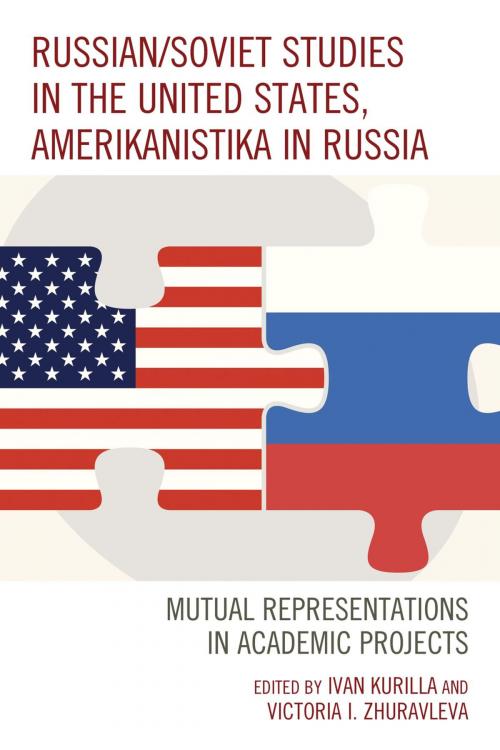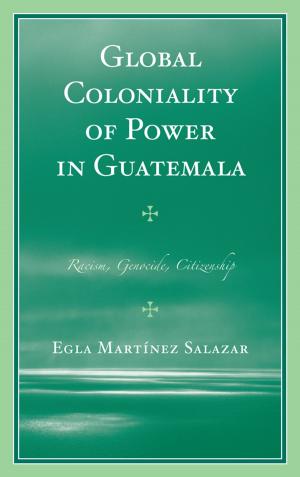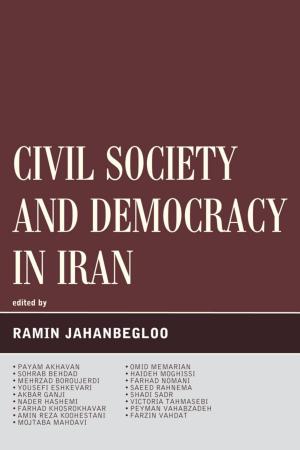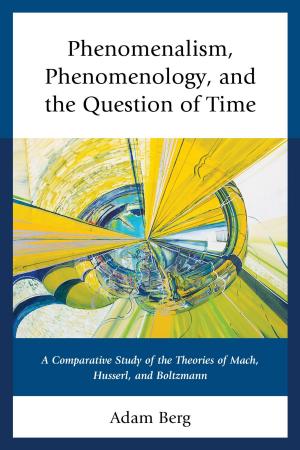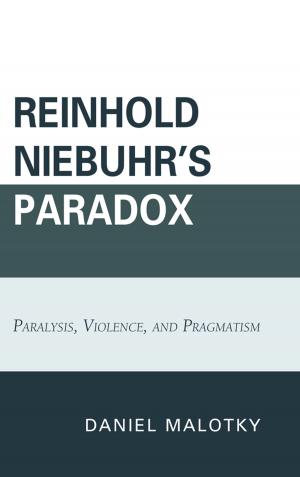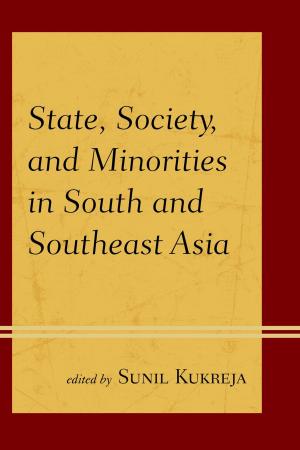Russian/Soviet Studies in the United States, Amerikanistika in Russia
Mutual Representations in Academic Projects
Nonfiction, History, Asian, Russia, Social & Cultural Studies, Political Science, International| Author: | Olga Yu. Antsyferova, Marina B. Bulanova, Richard T. De George, David C. Engerman, Milla Fedorova, Vladimir Gel'man, Mark Kramer, Alexander I. Kubyshkin, Ivan Kurilla, Vladimir V. Noskov, Alexander B. Okun, Norman E. Saul, Iana V. Shchetinskaia, Vladimir V. Sogrin, Ivan Tsvetkov, William B. Whisenhunt, Sergei I. Zhuk, Victoria I. Zhuravleva | ISBN: | 9781498517997 |
| Publisher: | Lexington Books | Publication: | December 9, 2015 |
| Imprint: | Lexington Books | Language: | English |
| Author: | Olga Yu. Antsyferova, Marina B. Bulanova, Richard T. De George, David C. Engerman, Milla Fedorova, Vladimir Gel'man, Mark Kramer, Alexander I. Kubyshkin, Ivan Kurilla, Vladimir V. Noskov, Alexander B. Okun, Norman E. Saul, Iana V. Shchetinskaia, Vladimir V. Sogrin, Ivan Tsvetkov, William B. Whisenhunt, Sergei I. Zhuk, Victoria I. Zhuravleva |
| ISBN: | 9781498517997 |
| Publisher: | Lexington Books |
| Publication: | December 9, 2015 |
| Imprint: | Lexington Books |
| Language: | English |
The contributors in this interdisciplinary collection address the problem of interconnection between the study of the “Other,” either Russian or American, and the shaping of national identities in the two countries at different stages of US–Russian relations. The focus of research interests were typically determined by the political and social debates in scholars’ native countries. In this book, leading Russian and American scholars analyze the problems arising from these intersections of academic, political, and sociocultural contexts and the implicit biases they entail. The book is divided into two parts, the first being a historical overview of past configurations of the interrelationship between fields and agendas, and the second covering the role of institutionalized area studies in the twentieth and early twenty-first centuries.In both parts the role of the “human factor” in the study of mutual representations is elucidating.
The contributors in this interdisciplinary collection address the problem of interconnection between the study of the “Other,” either Russian or American, and the shaping of national identities in the two countries at different stages of US–Russian relations. The focus of research interests were typically determined by the political and social debates in scholars’ native countries. In this book, leading Russian and American scholars analyze the problems arising from these intersections of academic, political, and sociocultural contexts and the implicit biases they entail. The book is divided into two parts, the first being a historical overview of past configurations of the interrelationship between fields and agendas, and the second covering the role of institutionalized area studies in the twentieth and early twenty-first centuries.In both parts the role of the “human factor” in the study of mutual representations is elucidating.
